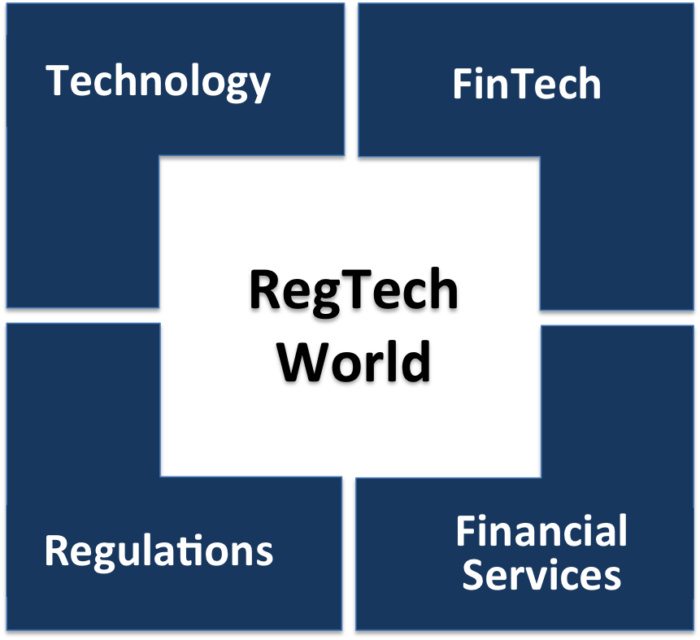
Before 2010, I was writing a lot about technology but it was all heavily geared towards regulations. It was pretty dull, to be honest, but worthy. MiFID and PSD were top of mind, along with Basel III and other global, European and domestic regulations. I wrote a lot about regulations.
Then it pivoted at the start of this decade, and I started writing a lot more about real innovations with technology and the surge of start-ups and new ideas that were coming. Since 2010, a raft of FinTech unicorns have arisen from giants like Ant (latest valuation $74.2 billion) to Stripe ($9.2 billion).
What struck me is that fast pace of change of FinTech compared to the snail’s pace of change in banks. Banks have been talking SEPA and T2S for over a decade in Europe before they were finally realised. They tell me it takes this long because all parties have to agree everything before anything can start. All the government regulators, central banks, European authorities and industry lobbyists must strike into law an exact vision fo what is to be implemented before it is implemented. That takes a long time.
Meanwhile, in the same decade long period – well, eight years to be exact – we have seen the libertarians create a democratised global currency and ecosystem that was just done. The billions flowing into ICOs, digital currencies and the companies riding on those rails are creating a whole new ecosystem outside bank and government control, and it is fascinating to watch.
At some point, I guarantee the two waves of fast, FinTech change and slow, regulatory change will crash together and then we will see what is really happening. In fact, those waves are already crashing together when you see Zopa, Klarna and SoFi all moving to open banks with full bank licencees. These are mature FinTechs that have been around for over a decade and are now morphing into financial platforms. Some of these platforms have global ambitions, and it would be fascinating to see a group of these upstart start-ups collaborating to create a full financial system.
This is something I’ve realised as I’ve mused these areas more and more. What is to stop me, you or anyone from opening a full-service universal bank based upon a curated set of apps, APIs and analytics from the best-of-breed global FinTech firms? Nothing.
In fact, for all this bluster about industry agreements, standards and harmonisation in the banking community, the open sourced world of FinTech is just creating plug-and-play services without the hurdles of getting sign-off from governments and central banks. They’re just doing it. This was a point I made to a senior banker from Asia who questioned how Ant Financial could have created a full set of bank APIs when they’re not bankers? Answer: they just did it.
Nothing in the old world can guard the old world against the new world onslaught anymore. Not regulations, capital requirements, geographic differences or technology. It’s just getting done. So wake up and smell the coffee guys, before the big, bad giant smells you.
Chris M Skinner
Chris Skinner is best known as an independent commentator on the financial markets through his blog, TheFinanser.com, as author of the bestselling book Digital Bank, and Chair of the European networking forum the Financial Services Club. He has been voted one of the most influential people in banking by The Financial Brand (as well as one of the best blogs), a FinTech Titan (Next Bank), one of the Fintech Leaders you need to follow (City AM, Deluxe and Jax Finance), as well as one of the Top 40 most influential people in financial technology by the Wall Street Journal's Financial News. To learn more click here...

